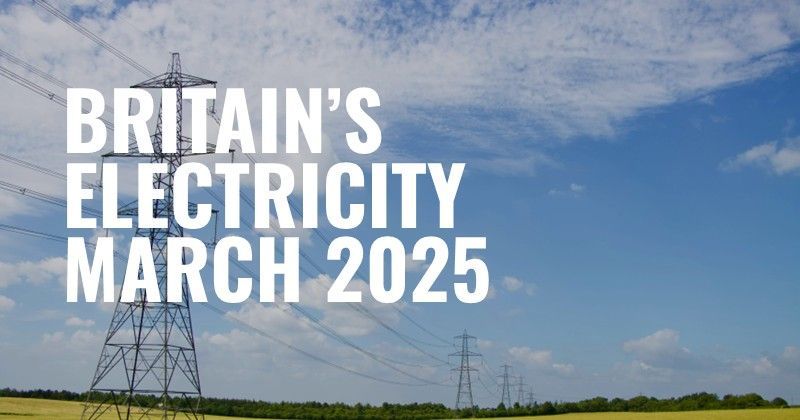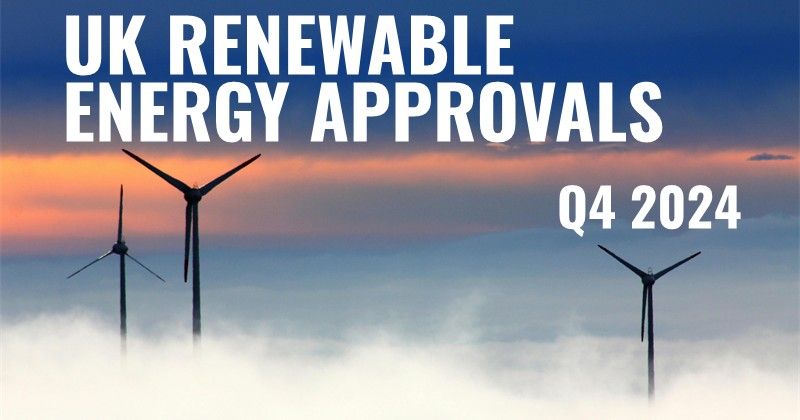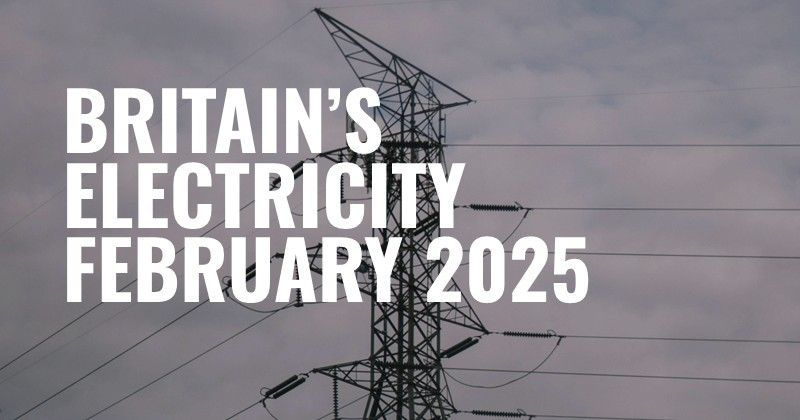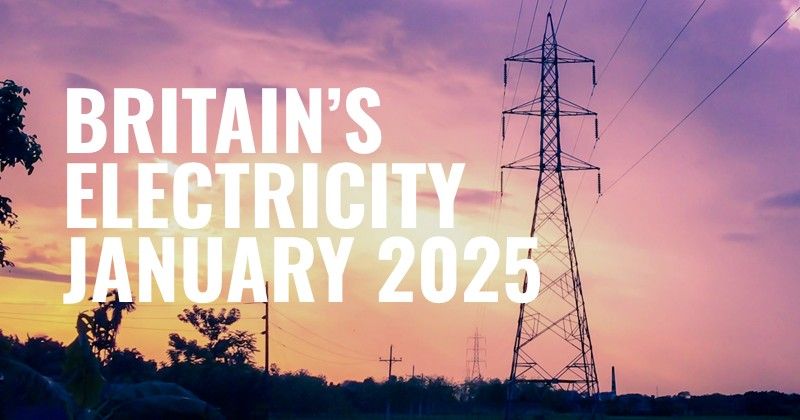Our 5-point plan to tackle energy costs
Can your business afford a x5 increase in utility bills?
UK businesses are about to feel the impact of unprecedented energy price rises. At a national level this equates to a £230bn annual increase. This is split into:
- £34bn increase in diesel/petroleum
- £85bn increase in gas
- £110bn increase in electricity (driven by gas)
Unfortunately, at a business level there is no protection from a price cap. An average FTSE250 firm using 16GWh of electricity will see over £7m per annum on-cost at the April 2023 annual contract price of £550/MWh. This is a x5 increase in cost compared to 12 months ago. Gas, diesel and supply chain will all make this exposure significantly worse for many organisations.
How does this impact your business?
- Buying Restrictions: The wholesale energy markets are no longer functioning properly, with buying options greatly restricted. Contract switching and forward price locking are very hard to do
- Credit Rating Exposure: This is becoming a huge focus for suppliers as concerns on bad debt increase. Collateral and PCGs will need to be widely considered in the future
- Business Risk: Huge cost increases combined with inflation = massive financial pressure. Many businesses will run up debts and possibly collapse
- Employee Welfare: Pressure on household finances will lead to stress, debt, long-term sickness and staff shortages
Our 5-point plan to act fast and prepare now
COVID-19 has shown that even in unprecedented conditions, businesses can adapt incredibly rapidly. With winter fast approaching, and no purchasing solutions available, a targeted strategy is required to reduce your exposure to these extreme cost rises.
To help you prepare for the worst-case scenario, we have put together a 5-point plan to tackle energy cost inflation:
1. Governance and decision-making
As a business leader you need to immediately create a team to manage this exposure—otherwise you might sleepwalk into cost increases. It must include senior key stakeholders who have the authority to make quick decisions, and also SMEs who know about day-to-day operations. This governance team should have weekly calls. If it is not working, change up the team.
TIMESCALE: Quick implementation will create energy savings within a few months.
2. Measurement and data
Without data you don’t know how to prioritise your actions or measure their effectiveness. Your data doesn’t have to be perfect from the beginning: use what you have and then try to improve the quality over time. Being able to budget accurately—to understand where and when you are using your energy —is essential to navigating through this energy crisis.
TIMESCALE: Data analysis can bring identifiable savings within weeks.
3. Optimise
Energy wastage is significant in almost all businesses. By combining clear data with quick decision-making, optimisation will give you the greatest short-term (non CapEx) benefits. Listen to employees, as they often come up with the best ideas. Ask yourself: do your systems need to run all day? Are all your buildings at full capacity? By optimising day-to-day operations, you can make savings of at least 20% per annum.
TIMESCALE: Some optimisation measures can be implemented within one month.
4. Employee Engagement
More than ever, your employees are your most important asset. Communicate the exposure you have to energy price inflation and the swift action you are taking. Also be aware how price rises are affecting their living standards and mental health. How will a change to working patterns impact their wellbeing? Do people still want to work from home? What can you do to help? Employees always vote with their feet. If you want to retain staff, go the extra mile.
TIMESCALE: Can be implemented within one month
5. Supply Chain Collaboration
Your immediate pain points will come from utility bills. But the costs from your supply chain will be at least x4 this amount—as costs of manufacture and transport increase. Switching supplier to find a better deal is a long drawn-out process, which will not have any impact this winter. We recommend pulling your key suppliers together to workshop what can be done in the short-term. This is a highly effective way of creating quick and immediate momentum. Restructuring contracts with FM or energy providers to incentivise cost reduction is a great example of how this collaboration can work.
TIMESCALE: Can be implemented within one month.
Our Tactical Instruction Plan (TIP) service
Our team of experts have real experience in rapid strategy development, procurement, supply change management, data structure creation, energy optimisation and project management. We also know energy, with decades of experience across the team. We know how to implement reduction plans for the lowest cost and the greatest impact.
We believe a Tactical Instruction Plan (TIP) is essential to create a clear and realistic short-term strategy to realise immediate cost benefits and reduce inflationary exposure.
A TIP includes:
- Stakeholder Engagement: Bring together the key decision makers to assess current ‘as is’ position at a financial and operational level
- Data Evaluation: Assessment of the current available data and immediate identification of areas of focus
- Plan Creation: Who does what, when it will get done, and what is the expected outcome. Repeat at intervals.
If you would like to learn more about how we can help your business to mitigate energy cost inflation, please get in contact with the edenseven team.













